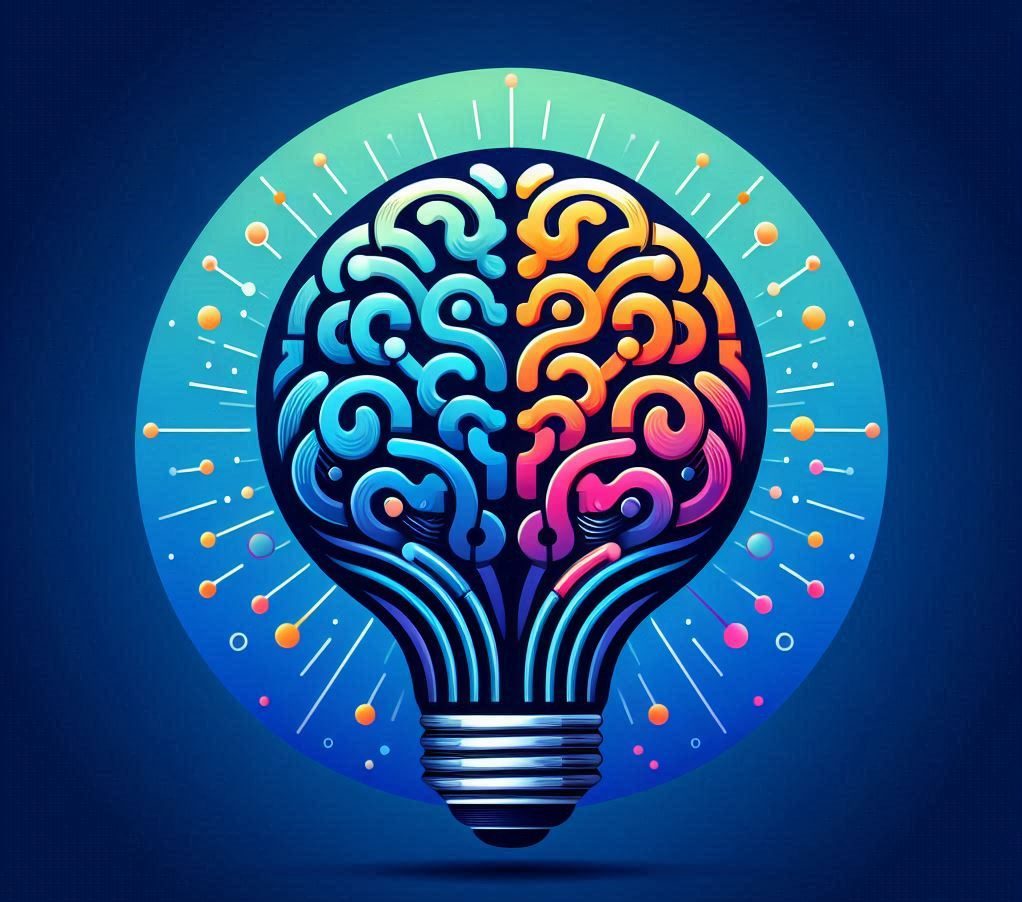AI-Powered Customer Service: Revolutionizing Business Interactions in the Digital Age
In today’s rapidly evolving business landscape, artificial intelligence (AI) has emerged as a transformative force, particularly in the realm of customer service. Companies are increasingly leveraging AI technologies to create more personalized, efficient, and responsive customer experiences that were unimaginable just a few years ago.
The Evolution of AI in Customer Service
The journey of AI in customer service begins with understanding its fundamental promise: to enhance human interactions through intelligent, data-driven solutions. Traditional customer service models often struggled with limitations such as long wait times, inconsistent responses, and limited availability. AI has systematically addressed these challenges, creating a new paradigm of customer engagement.
Modern AI-powered customer service systems utilize advanced machine learning algorithms and natural language processing to provide instant, accurate, and context-aware support. These systems can understand customer inquiries, interpret complex language nuances, and deliver precise solutions in real-time.
Key Technological Innovations Driving AI Customer Service
Several groundbreaking technologies are powering this customer service revolution:
1. Conversational AI Chatbots
Advanced chatbots now use sophisticated neural networks to engage customers with human-like interactions. Unlike early versions that provided scripted responses, contemporary AI chatbots can understand context, learn from previous interactions, and provide increasingly personalized support.
2. Predictive Customer Support
AI algorithms can now analyze historical customer data, identifying potential issues before they escalate. By predicting customer needs and potential pain points, businesses can proactively address concerns, significantly improving overall customer satisfaction.
3. Intelligent Routing Systems
AI-driven routing systems efficiently direct customer inquiries to the most appropriate support channel or agent, reducing response times and improving resolution rates.
Real-World Implementation: A Case Study
Consider the remarkable transformation of a leading telecommunications company that implemented an AI-powered customer service strategy. By integrating advanced machine learning algorithms into their support infrastructure, they achieved remarkable results:
– 40% reduction in average customer response time
– 65% decrease in support ticket resolution duration
– 55% improvement in first-contact resolution rates
The company’s AI system could understand customer intent, access comprehensive historical data, and provide personalized solutions within seconds – a dramatic improvement over traditional support models.
Ethical Considerations and Human Collaboration
While AI presents tremendous opportunities, responsible implementation remains crucial. Successful AI customer service strategies emphasize human-AI collaboration rather than complete automation.
“AI should augment human capabilities, not replace them,” notes Dr. Elena Rodriguez, a leading AI ethics researcher. “The most effective systems combine technological efficiency with human empathy and complex problem-solving skills.”
Economic and Operational Benefits
The economic implications of AI-powered customer service are substantial. Companies adopting these technologies can expect:
– Significant cost reductions
– Enhanced customer loyalty
– Improved operational efficiency
– More scalable support infrastructure
Research indicates that businesses implementing comprehensive AI customer service strategies can reduce support costs by up to 30% while simultaneously improving customer satisfaction scores.
Future Trajectory: Emerging Trends
Looking ahead, several exciting trends are poised to reshape AI-driven customer service:
1. Emotional Intelligence Integration
Future AI systems will likely incorporate advanced sentiment analysis, allowing them to detect and respond to emotional nuances in customer interactions.
2. Hyper-Personalization
AI will enable increasingly tailored customer experiences, with support systems that can adapt in real-time based on individual customer profiles and preferences.
3. Omnichannel Intelligence
Seamless integration across multiple communication platforms will become standard, providing consistent and intelligent support regardless of the interaction channel.
Implementing AI: Strategic Considerations
For businesses considering AI customer service implementation, several strategic considerations are paramount:
– Invest in robust, scalable AI infrastructure
– Prioritize data privacy and security
– Continuously train and refine AI models
– Maintain a balanced human-AI approach
– Regular performance monitoring and optimization
Conclusion
Artificial intelligence represents a profound opportunity for businesses to reimagine customer service. By embracing intelligent technologies, companies can create more responsive, efficient, and ultimately more human customer experiences.
The future of customer service is not about replacing human interaction but enhancing it through intelligent, data-driven solutions that understand and anticipate customer needs with unprecedented precision.
As AI continues to evolve, businesses that strategically integrate these technologies will gain significant competitive advantages, setting new standards of excellence in customer engagement and support.
